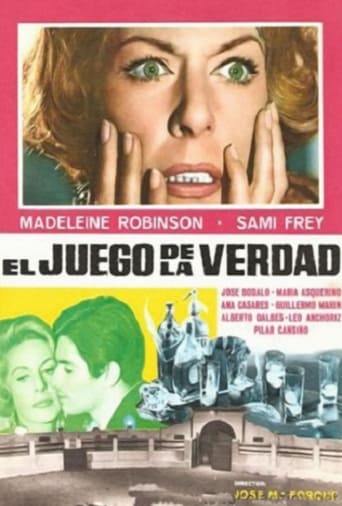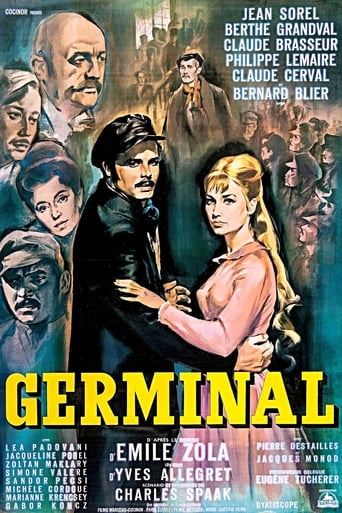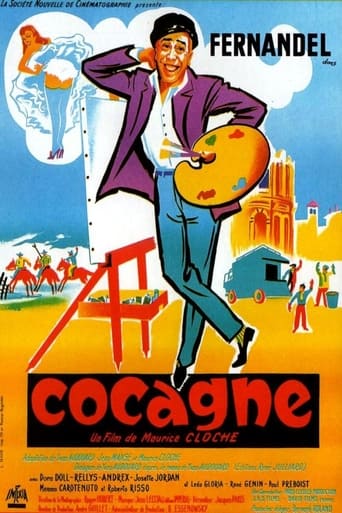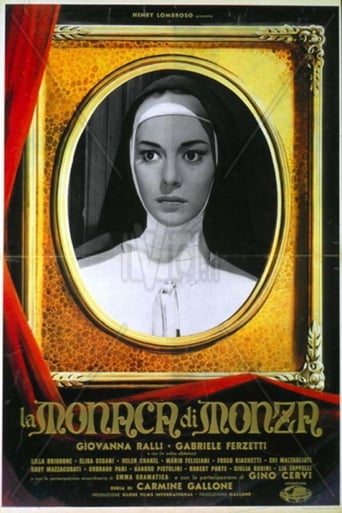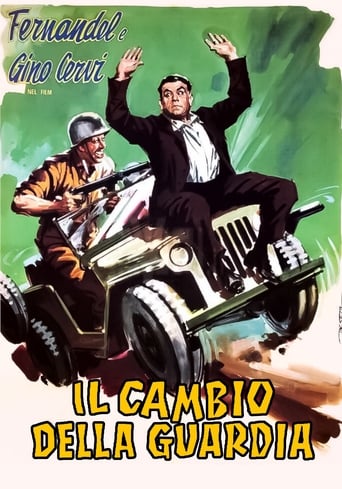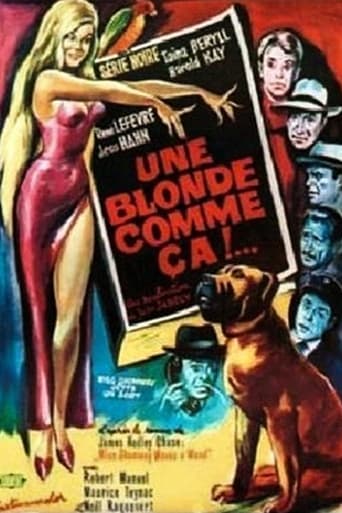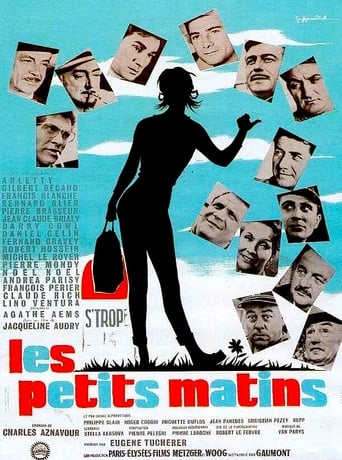Captain Fracasse 1961
A ruined Baron Philippe de baron, meets one day a troupe of traveling actors led by Herod. Attracted by the one who plays the role of the ingenue: Isabella, and by the dynamism and enthusiasm of his companions, he takes the place of the deceased poet of the troupe. And during performances, Philippe became the captain Sunder. For his part, Isabelle loves Philip, but does not consider marriage, nobility him missing, she refuses to harm the career of Baron. And one day, the Duke of Vallombrosa, seduced by Isabella, finds himself challenged to a duel by Philippe for touching the girl. Defeated, he launched his men against Sunder, then removes Isabelle. The actors throw themselves then to storm the castle where she is being held. This time Vallombrosa was seriously injured, and the duke's own father, rushed to the scene, Isabelle discovers the girl he had once been an actress. Nothing stands now the union of Sunder and Isabella, under the tender gaze of the actors Herod and Scapin.

